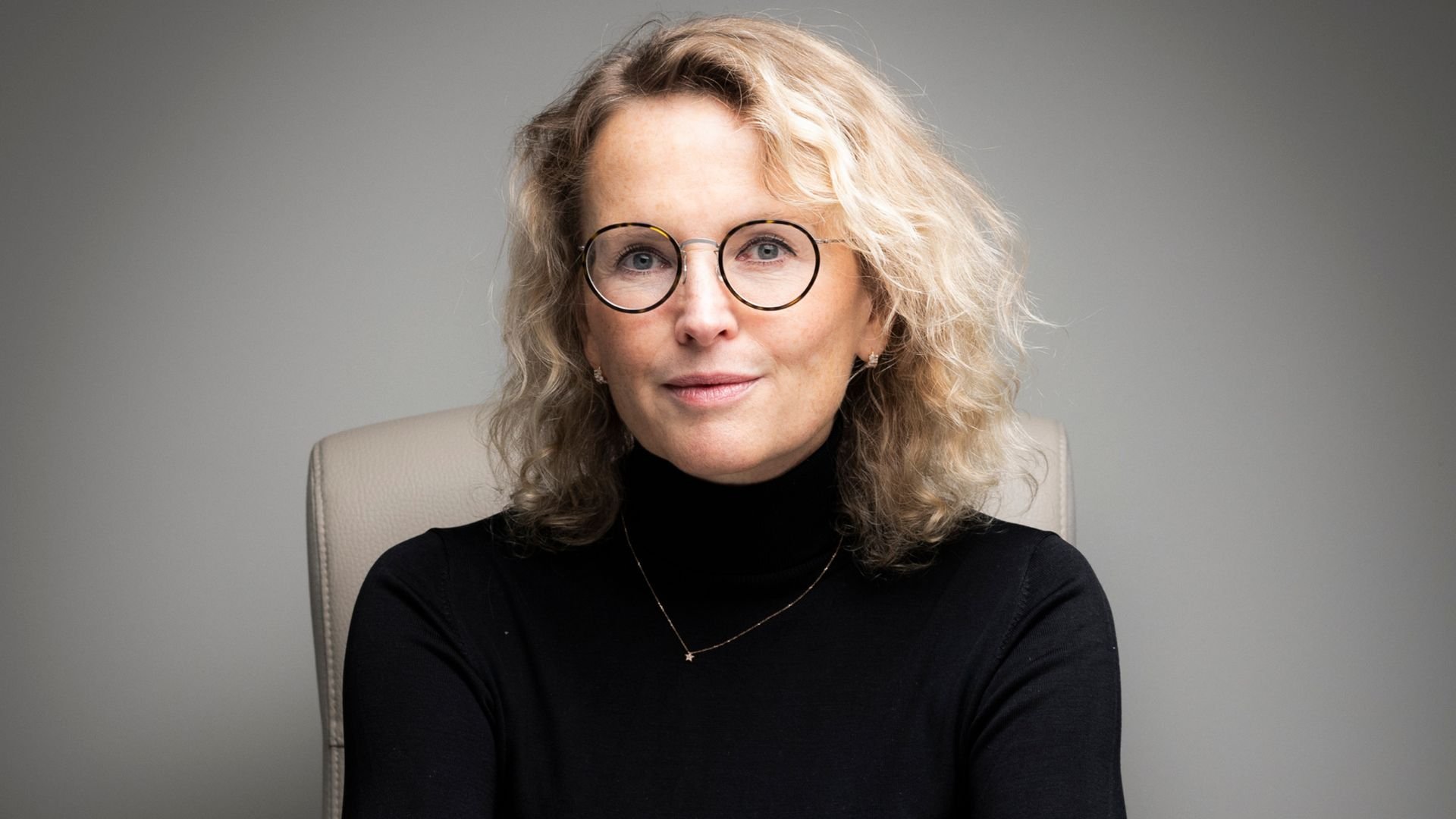May we introduce Carlotta Laetitia Mondino of finleap connect.
Working in the FinTech industry is like coming and going, requires a high degree of professionalism in a thoroughly relaxed working environment and is above all characterised by innovation as well as good, clever and future-oriented ideas, according to the widespread consensus. But who are actually the brains and movers behind these creative thought processes, at the intersection of finance, digital technologies and entrepreneurship? In our series: The Faces of FinTech, we regularly ask one person from the payments and banking industry the same ten questions. This time Carlotta Laetitia Mondino answers our questions.
May we present…
In the course of our day-to-day work, we frequently encounter exciting people who work in the same field, who we meet only once or every now and then, or who have even grown very fond of us privately – each of them has a story of their own. We interviewed a few of these people from our closest FinTech environment to put a face to them. To share why this industry is much more to them than just another way to pay his rent. We would like to briefly portray and introduce these people and their vita in a category of their own and have designed a questionnaire that is always the same.
This time Carlotta Laetitia Mondino answers our questions. Carlotta is Head of Business Unit – Digital Bank at finleap connect.
Who are you, what do you do?
Carlotta Laetitia Mondino, 27 years old, born and raised in Hamburg. After my business studies in St.Gallen and an exchange semester in Seoul, I moved to Berlin for finleap about 5 years ago.
I am now Head of Business Unit for our Digital Bank product at finleap connect. I’m working on building a white-label product solution that allows our customers to extend their product offering with banking and also provides an innovative experience for the end user.

What were your first encounters with the payment and banking industry?
On the customer side, it was probably as a kid opening my first savings account. I had a small role at the playhouse and wanted to put my first own earned money aside for my driver’s license. Getting to know the industry in its fullness then came quite quickly in my early days at finleap.
Learning from FinTechs: alternative solutions
When did you first notice the word fintech?
Through an acquaintance who worked at finleap at the time. I wanted to go into an industry where I felt like I had my finger on the pulse and wasn’t the small cog in a big system. With my own experiences, such as the fact that in contrast to Germany, in Switzerland you can already pay for a pack of chewing gum with a card, but transfers to Korea were a huge act, my interest in Fintech was aroused.
How do you define FinTech?
FinTechs are companies that develop solutions to improve financial services for users through technology. They do this either by providing a solution directly to the customer or by enabling other companies to improve their banking product or even to enter the financial services offering in a new way. The latter in particular is exciting, as it enables embedding and linking in completely different product lines and is thus much closer to the actual process of the user. Our partner Prosperity, for example, already offers its clients flexible wealth accumulation that can be managed digitally through their platform. With our white label solution, customers can now also do their banking directly and have additional flexibility around savings.
What do you think established companies do better than FinTechs?

Established companies are experts in their core business, which they have defined, built up and optimised over many years. As a result, they have developed in-depth knowledge as well as stable structures and processes that serve as a reliable framework for their daily business.
What can you learn from FinTechs?
Decision-making, individual responsibility and working together to find solutions. Since the established structures are still partly missing and constant changes as well as a certain speed are part of everyday life, each individual has to take on more responsibility and make decisions in the interest of the company. In order to then jointly develop innovative solutions, there can hardly be a „That won’t work!“, but rather it is a matter of developing an alternative path.
„I’d be interested to see how big tech groups approach banking“
Why do established (large) companies have such a hard time with digitalization?
Digitization projects require established companies to question precisely this long-established core business and its processes. Even if fields of action are usually quickly identified when comparing with the market and customer needs, it takes the strength to put this into practice. This requires a willingness to take risks, the courage to go to market with a solution that is less than 100%, and a consistent focus on the user.
What would you do for a living if you didn’t work in the payment and banking industry?
Even though I could not have imagined my job before, or that it even existed, I am now very happy to have landed here. Otherwise, I would probably have dedicated myself to the digitization of another industry, such as the fashion industry – out of personal interest and because I’m curious to see how people here deal with topics such as digitization or, in the future, sustainability in particular.
„I never imagined my job would even exist like this.“
Which company would you like to work for one day?
In the equivalent department at Google or Apple that is looking to enter the banking industry. I’d be very interested to see how the big tech companies approach this.
Who would you like to have a beer with?
With my teammates! With the current Corona situation, getting together in person outside of work is already sorely lacking.







